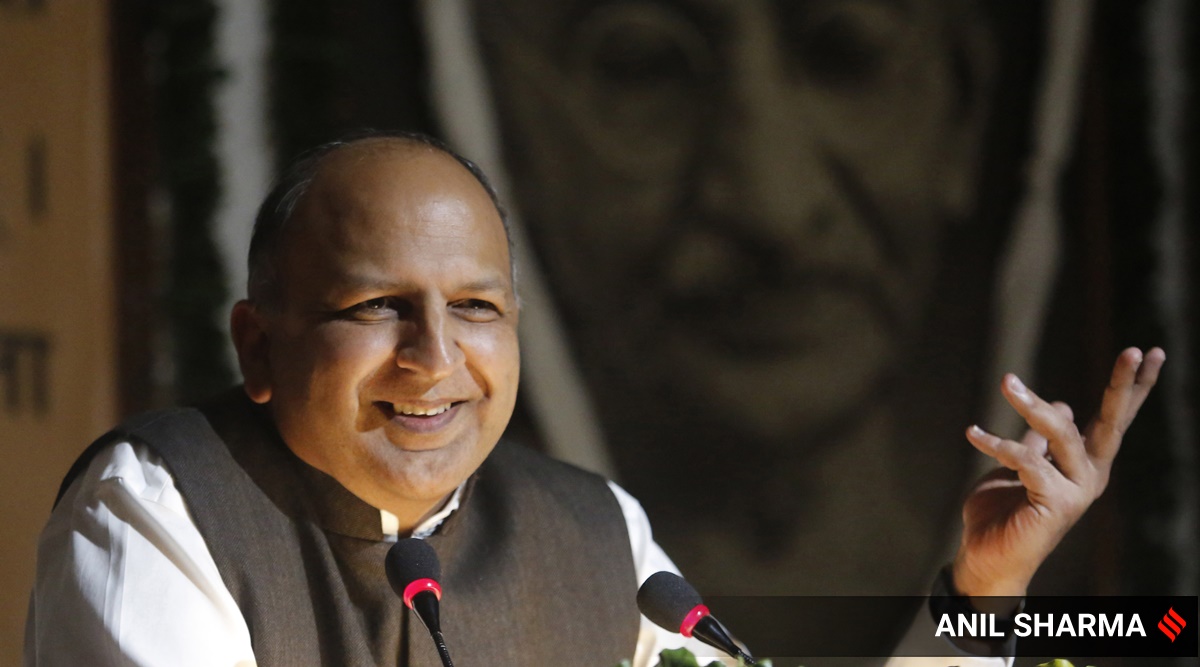The resignation of Pratap Bhanu Mehta should make the university system ask itself if it has outgrown the colonial legacy of loyalty to the powers that be
Written by Navneet Sharma and Prakrati Bhargava
Resignation letters are supposed to be answers, but few resignations pose more questions than the answers that they were supposed to give. Pratap Bhanu Mehta’s (PBM) letter of resignation from Ashoka University or his earlier letters of resignation from the National Knowledge Commission and Nehru Memorial Museum and Library have raised more questions than answers. The fundamental questions about the idea of education and the functioning of educational institutions; what education may produce if it is not expected to inculcate critical thinking and reflection; why educational institutions must be accountable to the state and what does autonomy mean for a privately-funded university which stands on the idea of liberal education?
Mehta’s resignation is not about an individual and an institution coming to an agreement to terminate their mutual agreement but how and why a higher educational institution (even though it is private) could ask a teacher to resign only because s/he had a different and dissenting opinion, which became a political liability for his/her employer. It is not about Mehta’s writings alone — the people at the helm may have rejoiced when he compared the PM to Charles De Gaulle — but it is about the inability of the system to reckon with dissent. It also speaks of how the Indian higher education system has evolved, especially in its attempt to get decolonised. The privatisation of educational institutions — schools as well as higher educational institutions — promised a “liberal” space, but these institutions could never get out of the control of the state and the government of the day.
It sounds like a cliché that education is a liberating force, when it could not liberate even the institutions where liberal education is imparted. The Indian Higher Education System (HES) is the second-largest such system in the world. It is experiencing severe challenges related to autonomy and academic freedom.
Autonomy and academic freedom are prerequisites for the production and dissemination of knowledge to create a truly democratic and just society. But the system is also erected on the model of affiliating and examining university, set up during the colonial period when the Indian academic profession had to affirm loyalty — not creativity and research. Indian HES is still in search of its own objectives and models.
In recent years, some private enterprises — Nalanda, Azim Premji, Shiv Nadar, and Ashoka — have promised to provide an alternative to shrinking spaces of dissent and discourse in public universities not only with regard to courses, curriculum, pedagogy, and cultural events but also in the realm of university administration and organisation. Although committed to the values of liberal art and science education, these universities are witnessing challenges and constraints of varied forms. The idea of liberal art and science education propounded by John Henry Newman in The Idea of a University underlines the function of a university that promotes liberal education: “Here then is real teaching – it at least tends towards the cultivation of the intellect; it at least recognises that knowledge is something more than a sort of passive reception of scraps and details; it is a something and it does a something, which never will issue from the most strenuous efforts of a set of teachers, with no mutual sympathies and no intercommunion, of a set of examiners with no opinions which they dare profess, and with no common principles, who are teaching or questioning a set of youths who do not know them, and do not know each other, on a large number of subjects different in kind, and connected by no wide philosophy”.
Drawing from Newman’s idea of liberal art and science education, universities in modern times have to profess universal knowledge. However, liberal arts and science education in the third world is often re-configured according to the socio-political, economic and cultural climate of the time. Any endeavour to transplant the concept of liberal education in India has to negotiate with varied challenges emanating from the values practised in the society. Indian public universities have witnessed several shifts — from liberal democratic to ideological conformity, from academic and intellectual freedom to conservatism, from liberal knowledge to knowledge management, and from socially inclusive to financially progressive. In contrast, private universities in India are largely embedded in the political economy of the state. They claim relative autonomy yet cannot shrug off political patronage. The controversy around the “University of Eminence” status in 2018 by the MHRD to the yet-to-take-off Jio University speaks of the intimate relationship of state and private universities. A private university which thrives to promote the liberal idea of the university has to adjust and administer in accord with the invisible structures of power and agency.
Universities like Ashoka University which advocate the idea of liberal art and science university with a vision of promoting critical thinking and a strong commitment to public service have to negotiate with the existing climate of Indian HES.
There was a shift, not so long ago, from public universities to private universities when senior academics deserted public universities. The love lost for public education and educational institutions and the public culture that we have created needs, in Mehta’s own words, “a massive repudiation” or we may not be able to recover and reclaim our nation, freedom, truths, and religion. Mehta himself had forewarned that liberalism, which was an insurgent ideology once, will turn hegemonic if it runs too long and too well. The events leading to his resignation is an outcome of a deadly mix of liberalism and cultural nationalism.
The writers are faculty, Department of Education, Central University of Himachal Pradesh. Views are personal
Source: Read Full Article


